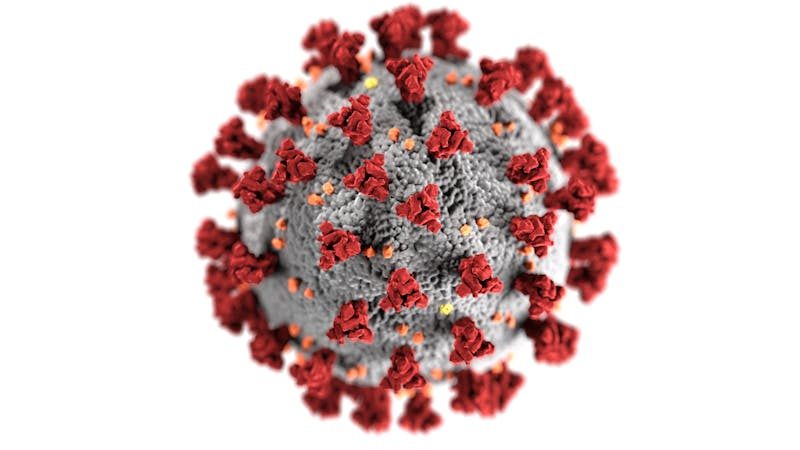Paxlovid’s Effectiveness
Paxlovid, comprised of nirmatrelvir and ritonavir, has been recognized for its effectiveness in treating COVID-19. It works by inhibiting the protease of SARS-CoV-2, preventing the virus from replicating. Studies indicate that it significantly lowers the risk of severe illness, hospitalization, and death in high-risk individuals if administered early, preferably within five days of symptom onset. The efficacy of Paxlovid can vary depending on the timing of treatment and the prevalence of different viral variants.
Renal Function and Paxlovid Use
The consideration of renal function is crucial when prescribing Paxlovid. This medication is metabolized in the liver but also excreted through the kidneys. For patients with renal impairment, there may be an increased risk of drug accumulation and subsequent adverse effects. Therefore, assessing a patient’s renal function before initiating Paxlovid is vital to determine the appropriate dosage and to ensure safety. In cases of moderate to severe renal impairment, dosage adjustments are necessary to prevent potential toxicity.
Checking for Drug Interactions
Due to its composition, Paxlovid can interact with other medications, notably through its effect on the CYP3A enzyme, primarily influenced by ritonavir. Patients should undergo a comprehensive medication review before starting Paxlovid to identify potential drug interactions. This review should include all prescription medications, over-the-counter drugs, supplements, and herbal products. Healthcare providers often use drug interaction databases to facilitate this process, ensuring a safe and effective treatment plan.
Importance in Patients with Autoimmune Diseases
Patients with autoimmune diseases are at a heightened risk for severe COVID-19 due to their compromised immune system. The timely and appropriate use of Paxlovid in this population is crucial. However, it’s important to tailor treatment plans to individual patient needs, considering their overall health status and specific conditions. Adjustments in medication, careful monitoring, and ongoing assessment of renal function are essential components of managing treatment with Paxlovid for patients with autoimmune diseases.
In summary, Paxlovid is a vital tool in the fight against COVID-19, offering benefits for high-risk populations, including those with autoimmune diseases. Proper consideration of renal function and potential drug interactions is key to optimizing treatment outcomes and ensuring patient safety.

